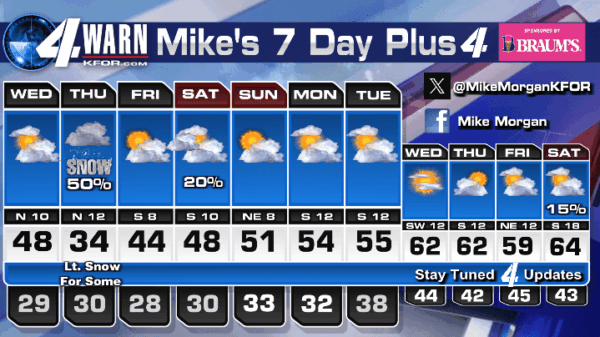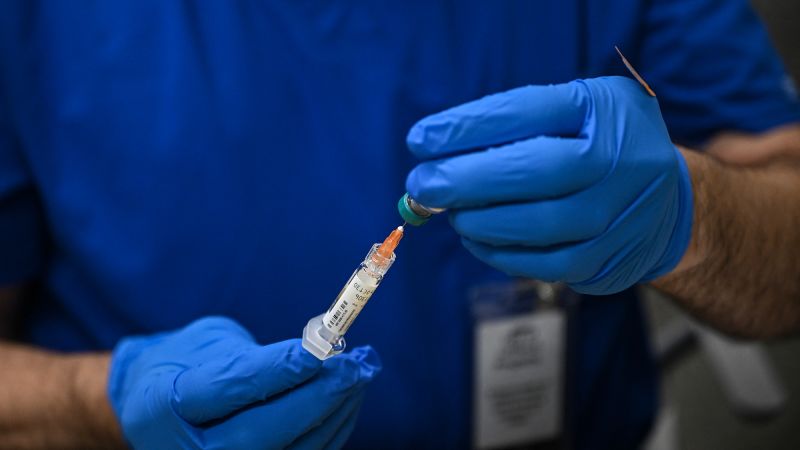Measles cases have surged to a record high in the United States, with more cases reported this year than in any year since the disease was declared eliminated in 2000. This alarming trend coincides with a decline in childhood vaccination rates across more than 30 states, as reported by the US Centers for Disease Control and Prevention (CDC). Vaccines for measles, mumps, rubella, chickenpox, polio, and pertussis are seeing decreased coverage, raising concerns about the potential resurgence of these diseases.
While some individuals may feel secure if they are personally vaccinated, the decline in community-wide immunity poses risks that extend beyond individual protection. The question arises: How will falling vaccination rates lead to the return of previously eliminated diseases? Could adults also be affected, and who stands at the highest risk if population-wide immunity diminishes? To address these pressing concerns, we consulted Dr. Leana Wen, a CNN wellness expert and emergency physician, who provides insight into the potential consequences and preventive measures.
The Threat of Resurgent Diseases
Dr. Leana Wen, who also serves as a clinical associate professor at George Washington University, warns that declining vaccination rates can indeed lead to the re-emergence of diseases previously thought to be eradicated. “Countries that were once polio-free have experienced outbreaks due to interruptions in childhood immunization programs caused by war and conflict,” she explains. “Similarly, measles outbreaks have occurred in regions where the disease had been eliminated, due to falling vaccine coverage.”
In Texas, for instance, 753 measles cases have been confirmed since January, resulting in 98 hospitalizations and two fatalities, both involving children. This outbreak is believed to have originated in communities with low vaccination rates, illustrating the direct impact of reduced immunization.
By the Numbers: Potential Impact
A recent study published in JAMA predicted that a 10% decline in measles-mumps-rubella (MMR) vaccine coverage could result in more than 11 million measles infections over 25 years. A 50% decline in routine childhood vaccinations could lead to 51 million measles cases, 9.9 million rubella cases, and 4.3 million polio cases.
The projections also estimate severe consequences: as many as 10.3 million people in the US could be hospitalized, 159,200 could die, 5,400 could experience paralysis from polio, and 51,200 could suffer neurological consequences from measles.
Understanding the Risks
Even those who are vaccinated should remain vigilant. Dr. Wen outlines three main reasons why vaccinated individuals should be concerned about declining vaccination rates. First, while many vaccines offer excellent protection, they do not guarantee 100% immunity. For example, two doses of the MMR vaccine are 97% effective against measles, but there is still a small chance of infection, particularly if the disease is prevalent in the community.
Second, vaccine effectiveness may wane over time. The CDC notes that immunity to pertussis, or whooping cough, diminishes a few years after vaccination. Older adults who were vaccinated decades ago could become susceptible if these diseases resurface.
Third, some individuals cannot receive vaccines due to medical conditions, such as weakened immune systems. These people rely on herd immunity — the protection offered when a critical mass of the population is vaccinated — to safeguard them from outbreaks.
Special Considerations for Vulnerable Populations
Pregnant individuals are another group at risk. They cannot receive certain vaccines, such as the MMR vaccine, which contains live virus. Rubella, in particular, poses significant risks during pregnancy, potentially leading to congenital rubella syndrome and severe birth defects. Vaccination before pregnancy is crucial, and community-wide vaccination helps protect those who cannot be vaccinated themselves.
Preventive Measures and Community Responsibility
Dr. Wen emphasizes the importance of verifying vaccination status with healthcare providers. “Parents with young children should consult their pediatricians, and adults should speak with their family physicians or internists to ensure they are up to date on recommended vaccines,” she advises. This not only protects individuals but also contributes to the broader goal of maintaining population immunity.
The concept of herd immunity relies on collective action. By ensuring high vaccination rates, communities can prevent the spread of diseases and protect those most vulnerable to severe illness and death. As the threat of resurgent diseases looms, public health experts urge individuals to take proactive steps in safeguarding public health.






































































